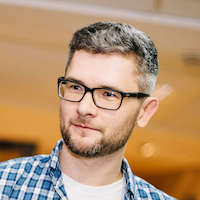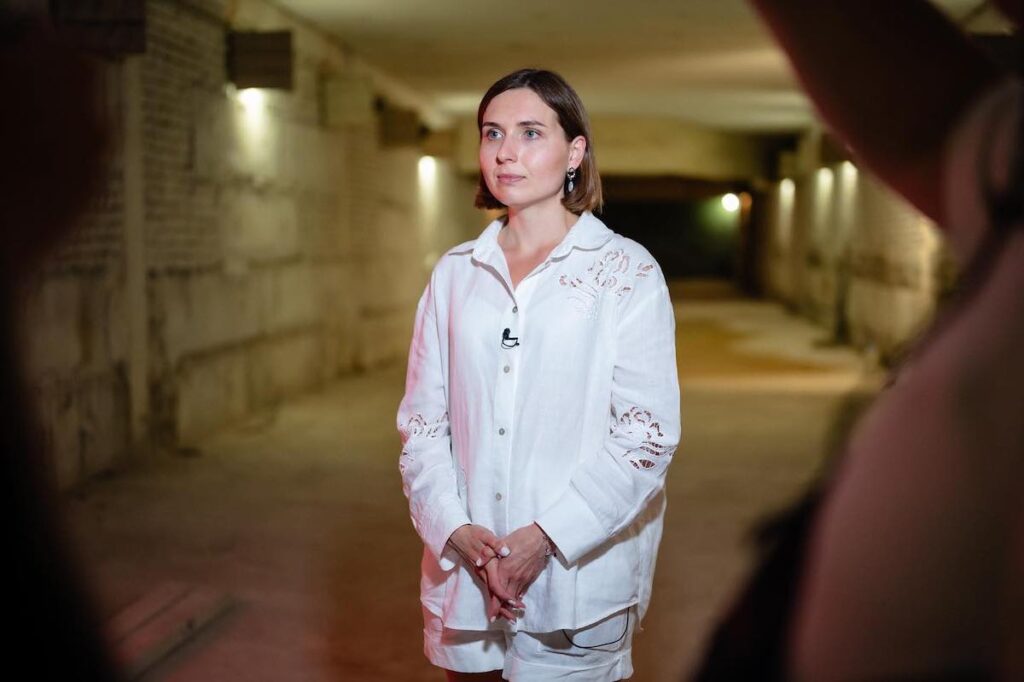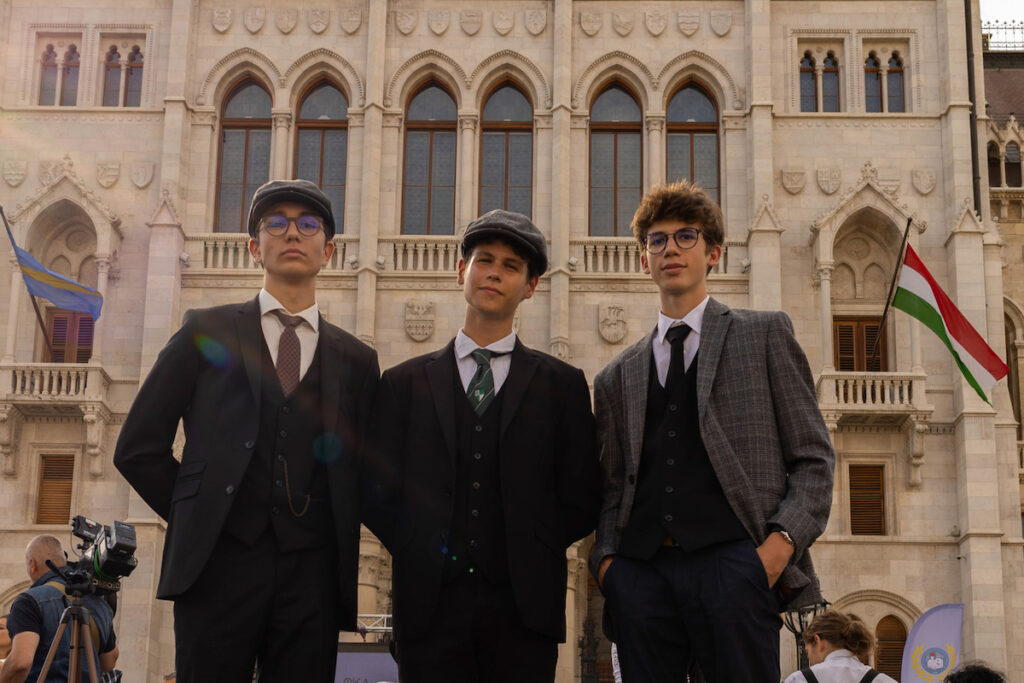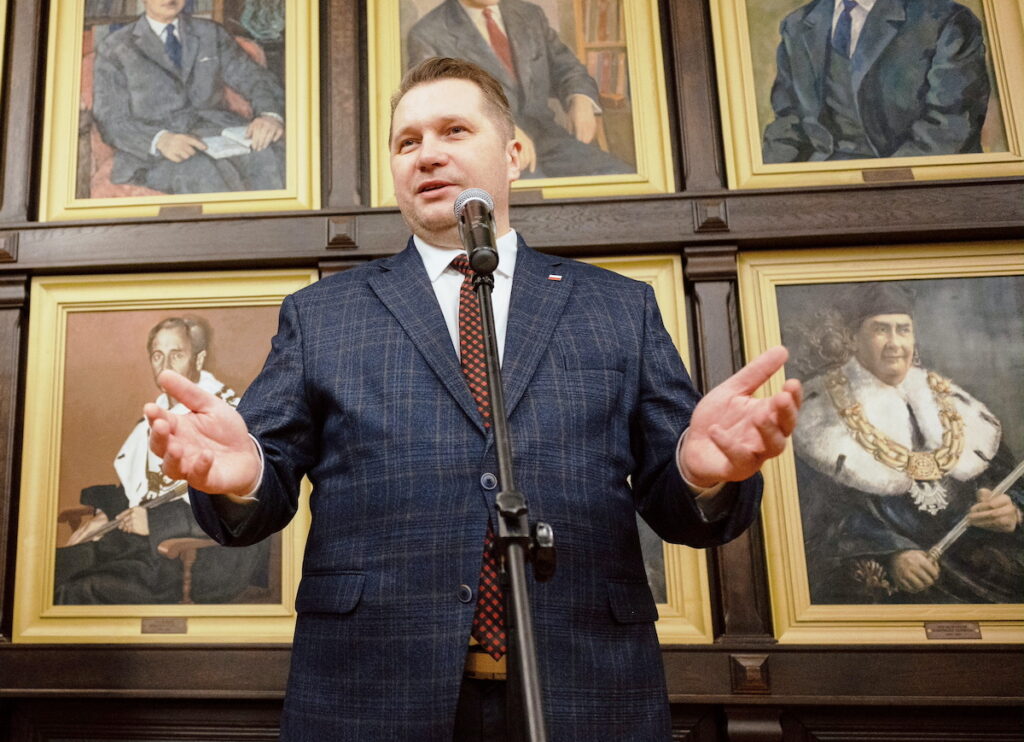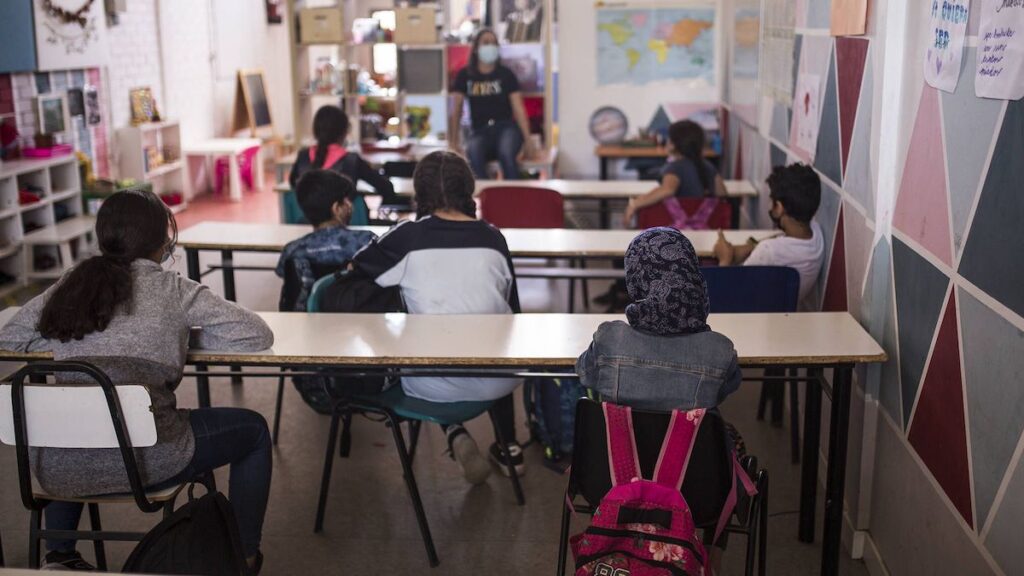Anna Novosad used to be Ukraine’s minister of education. Now she runs the NGO SavED, which brings schooling back to war-torn communities in Ukraine.
Last September, Ukrainians didn’t know how to teach children during a full-scale war. Now we have educated ourselves. What are the challenges that Ukrainian teachers and school children are facing?
First of all, it’s access to education. In many regions close to the frontline, kids will start learning online, because it is still too dangerous to gather together. Secondly, the Russian occupiers often fire at schools. About 1,500 school buildings have already been destroyed ― and the number is growing.
For example, we work in many settlements in the Mykolayiv region, where 80% of schools were destroyed. But people are returning, and kids are back ― without places to learn. So we set up temporary schools in culture centres, medical units, basements or shelters.
There used to be a lot of hope for online learning tools. Are they ineffective?
Education isn’t just about knowledge ― it’s also about socialising. You can’t teach interaction, teamwork and empathy via Zoom. Especially with young children. And often what they want most is to get offline, not to receive a new laptop or tablet.
It’s also clear now that online learning doesn’t provide the same quality of knowledge. PISA test results are not in yet, but from what I know so far, they are disastrous.
You probably have some kind of medium-term action plan. How do you see the situation in a year or two?
This depends very much on the region, but temporary schools seem to be a widespread solution. Rebuilding school buildings that have been destroyed will take many years.
Recently, we’ve turned a village cultural centre into a school near Kyiv. It feels like this will be the only proper educational facility there for at least five years. The school building will be rebuilt with the help of the European Investment Bank, and, as I am told, the bureaucracy process there is painfully slow.

